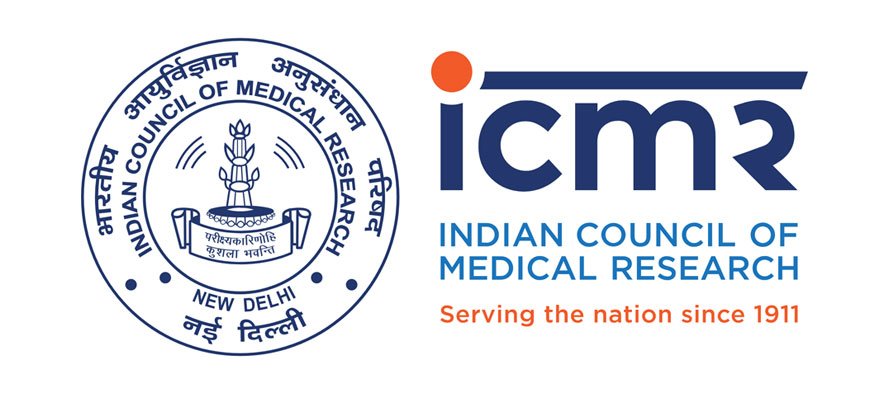Inside BENEO’s new pulse plant: pioneering sustainable protein from faba beans
The natural flavour of fats/oils is largely due to these minor components
The Indian Council of Medical Research (ICMR) and National Institute of Nutrition (NIN), have unveiled the “Dietary Guidelines for Indians-2024”. Among the notable highlights is the affirmation of palm oil’s nutritional value, thanks to its balanced fatty acid composition and rich nutrient profile.
Central to the guidelines is the recognition of dietary fat as a vital component of nutrition, providing concentrated energy, facilitating nutrient absorption, and enhancing dietary satisfaction. Palm oil, alongside edible oils such as groundnut, cottonseed, sesame and olive, is “rich in monounsaturated fatty acids”, offering a spectrum of health benefits, according to the NIN.
“Dietary fats also contain minor components such as tocopherols, tocotrienols, sterols, etc. Tocotrienols in palm oil, for instance, reduce blood cholesterol,” the guidelines noted. The natural flavour of fats/oils is largely due to these minor components. Since most of the minor components are antioxidants, they prevent fats from going rancid.
While oils from sources such as palm, groundnut, cottonseed, sesame and olive are rich in monounsaturated fatty acids as compared to other oils, “linoleic (n-6) and -linolenic (n-3) acids are the simple PUFA, present only in plant foods. All vegetable oils (except coconut) are good sources of linoleic(n-6) acid”, the report stated. Incorporating a variety of oils and foods rich in essential fatty acids ensures a well-rounded nutritional profile, it added.
“Fats play a crucial role in our diet, but it’s essential to strike a balance to optimise health outcomes,” it said. “By making mindful choices and incorporating a diverse array of food sources, individuals can bolster their well-being and mitigate the risk of chronic diseases.”
When it comes to cholesterol, palm oil does not contain cholesterol, like all other edible oils. As pointed out in the report, “Cholesterol is present only in foods of animal origin such as milk, meat, shrimp and prawn, but not in plant foods. Vegetable oils do not contain cholesterol.” It added, “The plant oils in addition contain certain useful substances such as lignans, sterols, tocopherols (vitamin E) oryzanol, carotenoids – all of which reduce cholesterol and reduce oxidant damage due to ageing, inflammation which occur in chronic diseases.”

